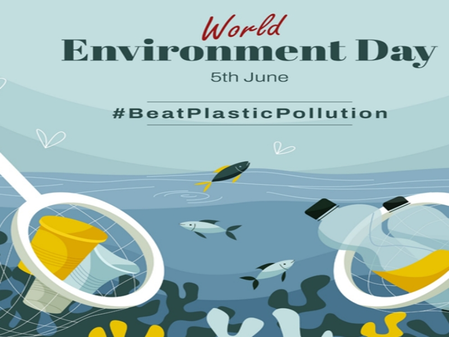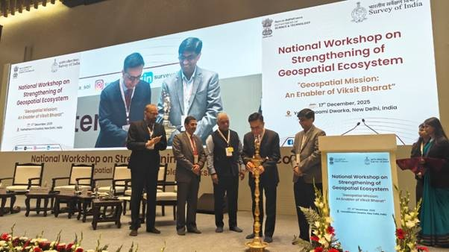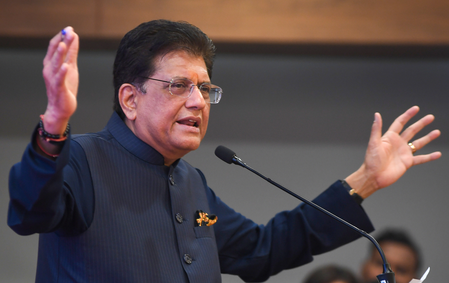
New Delhi, June 4 (IANS) From enforcing bans on single-use plastics to promoting circular economy innovations, India has adopted a strong legal and policy framework to tackle the plastic waste crisis in the country, said government on Wednesday, ahead of the World Environment Day.
World Environment Day is observed every year on June 5. The theme ‘Beat Plastic Pollution’ aims to end plastic pollution.
“India’s fight against plastic pollution reflects a deep commitment to environmental sustainability and global cooperation,” said the government.
“From enforcing bans on single-use plastics to promoting circular economy innovations, the nation is driving impactful change at local, national, and international levels,” it added.
To tackle the plastic waste crisis, the country has adopted a strong laws, reforms and missions, focussed on ensuring responsible plastic use, recycling, and disposal.
The Ministry of Environment, Forest and Climate Change, under the Environment (Protection) Act, 1986, has notified various waste management rules to ensure the environmentally sound handling of waste.
This includes the Plastic Waste Management Amendment Rules, 2021, which strengthens regulations on plastic waste to promote sustainability and reduce pollution.
Under the rule, there has been a ban on identified single-use plastics items with low utility and high littering potential since July 2022.
Plastic bags with thickness less than 120 microns have also been banned from December 2022.
Other key provisions include a ban on lightweight non-woven bags and state-level action for partial or complete bans on single-use plastics and carry bags.
Further, sustainable plastic management have been promoted through dedicated initiatives, which aim to reduce pollution, support recycling and boost eco-friendly industry growth.
The initiatives include Extended Producer Responsibility (EPR), 2022, which means that companies which make or sell plastic products must take care of the plastic waste they create.
Another is the FSSAI’s Food Safety and Standards (Packaging) Regulations, 2018, which set standards for safe food packaging materials, including plastics.
Notably, the country is reinforcing its sanitation and waste management infrastructure through of Swachh Bharat Mission in both rural and urban areas.
These missions emphasise plastic waste management, scientific processing of waste and community-led cleanliness initiatives.
Importantly, the government has roped in local bodies across the country to drive impactful change through innovative, community-driven
solutions to combat plastic pollution.
“With continued public participation, responsible industry practices, and government initiatives, India is on a determined path to shrink its plastic footprint and safeguard a greener future,” the government said.
–IANS
rvt/pgh




